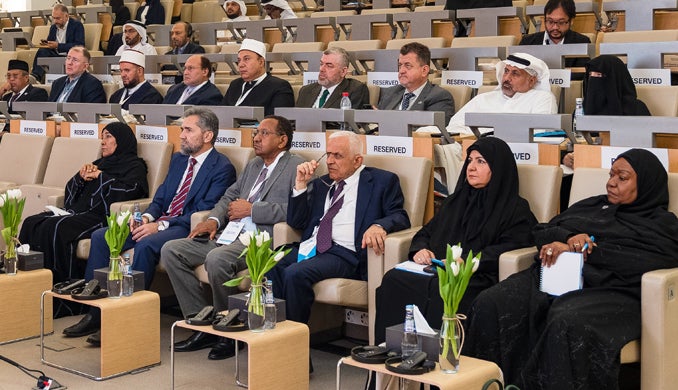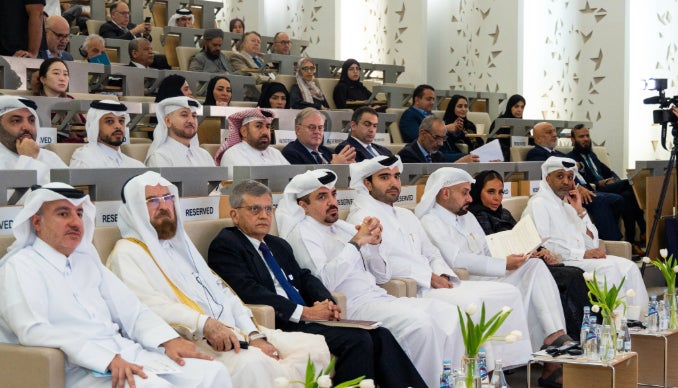Talk part of Dean’s Foresight Talks series
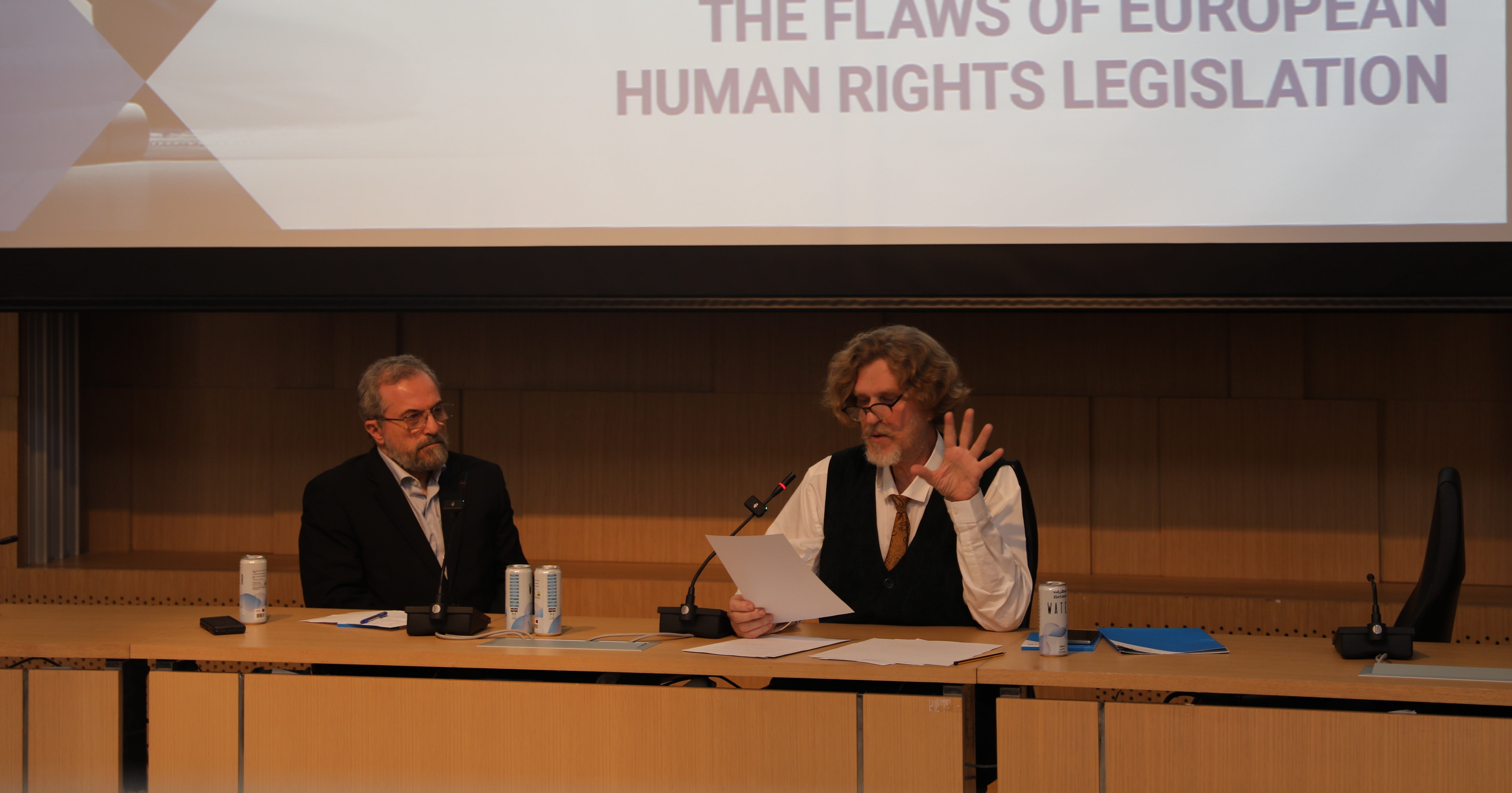
As part of its ongoing Dean’s Foresight Talks series, Hamad Bin Khalifa University’s (HBKU) College of Islamic Studies (CIS) hosted Dr. Erik Ringmar, Professor, Ibn Haldun University, for a lecture entitled: “Between Religious Beliefs and Practices: The Flaws of European Human Rights Legislation.”
Dr. Ringmar examined the distinction between religious beliefs and their manifestations under the European human rights law, underlining how it is informed by a conventional understanding that worshippers participate in religious practices in adherence to their beliefs. This European approach to the freedom of religion originates from the Protestant Christian understanding of religion, in which belief is in the mind and is sufficient for salvation. This framing of faith results in this distinction between the concepts of belief and practice, and thereby justifies the impositions made on the manifestations of faith in everyday life.
However, not every religion considers belief and its manifestations separately. Focusing specifically on the Islamic faith, he posited that Muslims believe as a result of their active engagement with religious practices in their daily lives, and therefore existing legislation must be examined so as to be inclusive of Islamic beliefs.
Commenting on the lecture, Dr. Recep Şentürk, Dean, CIS, said: “Dr. Ringmar’s talk underlined how important it is for policymakers to better understand a Muslim perspective, as it provides the basis for effective legislation that adequately protects and serves our communities.”
The Dean’s Foresight Talks series comprises enlightening conversations on subjects from across the spectrum of Islamic scholarship featuring renowned experts and thought leaders. Each talk serves as a progressive platform for prominent voices reshaping contemporary religious narratives.
In line with HBKU’s innate dedication to dialogue, CIS overcomes borders, to facilitate expertise and build capacity in Qatar and beyond. The College’s research output is rooted in carefully designed research clusters that together promote interdisciplinary research agendas and inject new contributions to the world of global Islamic scholarship.
Related News
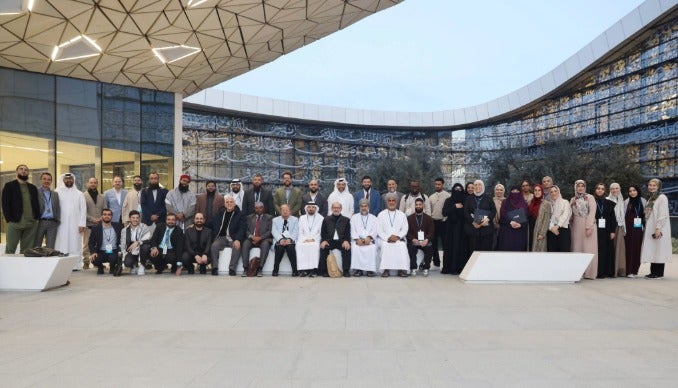
Hamad Bin Khalifa University Symposium Positions Islamic Psychology As Essential Part of Mental Health Systems
Qur’anic Botanic Garden and Herfah Program Revive Traditional Craft with New Dye Plants Garden
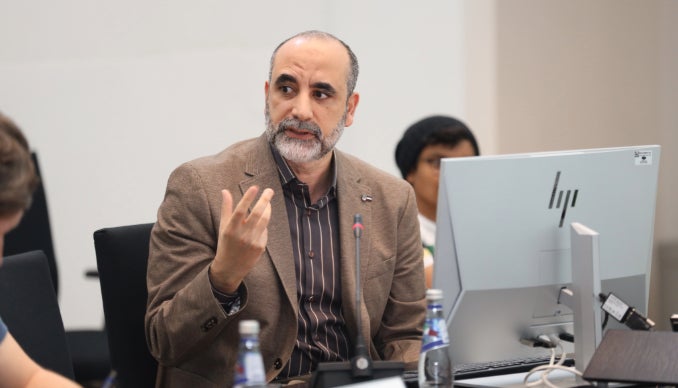
Hamad Bin Khalifa University’s International Islamic Bioethics Association Holds Inaugural Meeting
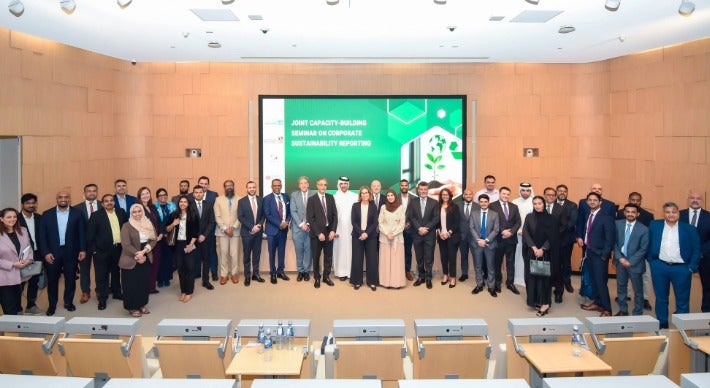
HBKU’s CIS Hosts Second High-Level Seminar on Corporate Sustainability Reporting
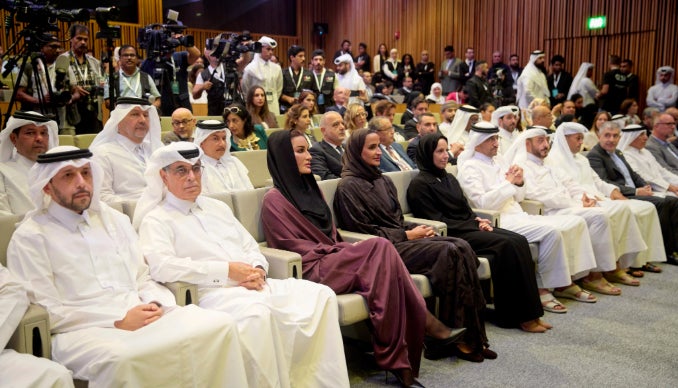
Her Highness Sheikha Moza bint Nasser Attends Hamad Bin Khalifa University’s Conference on AI Ethics
